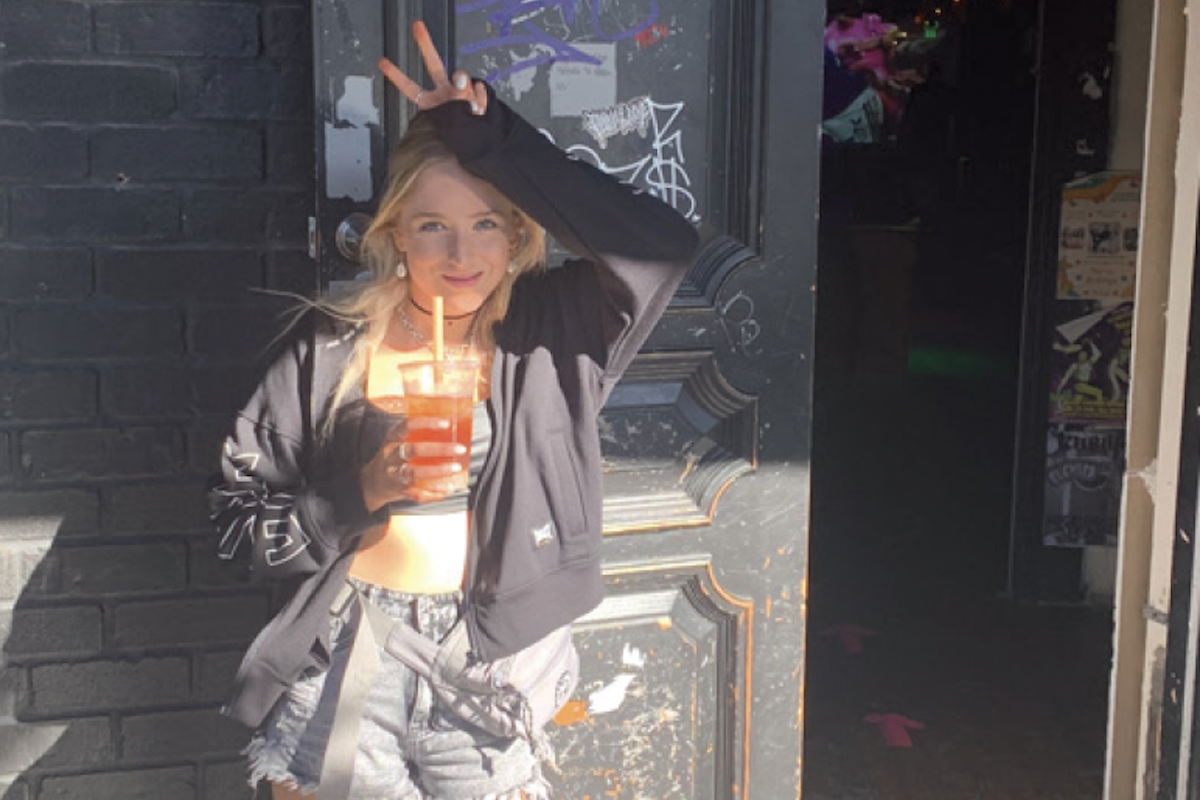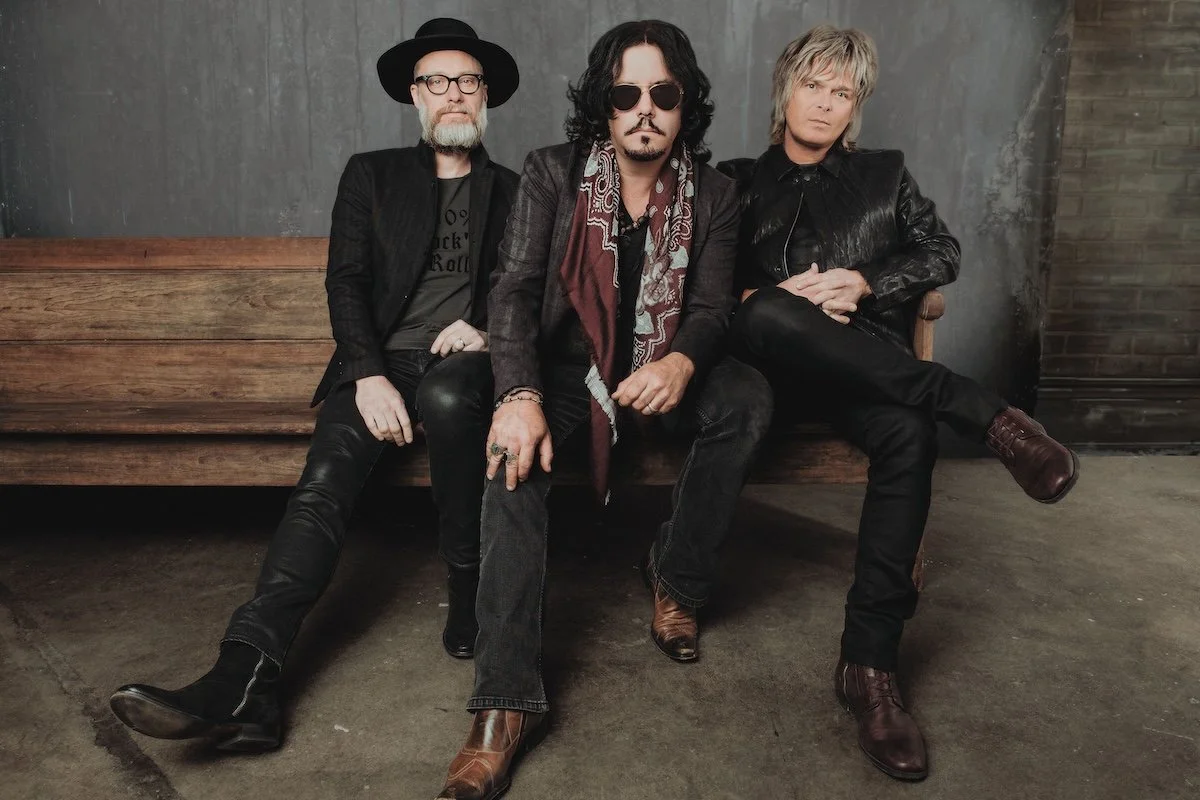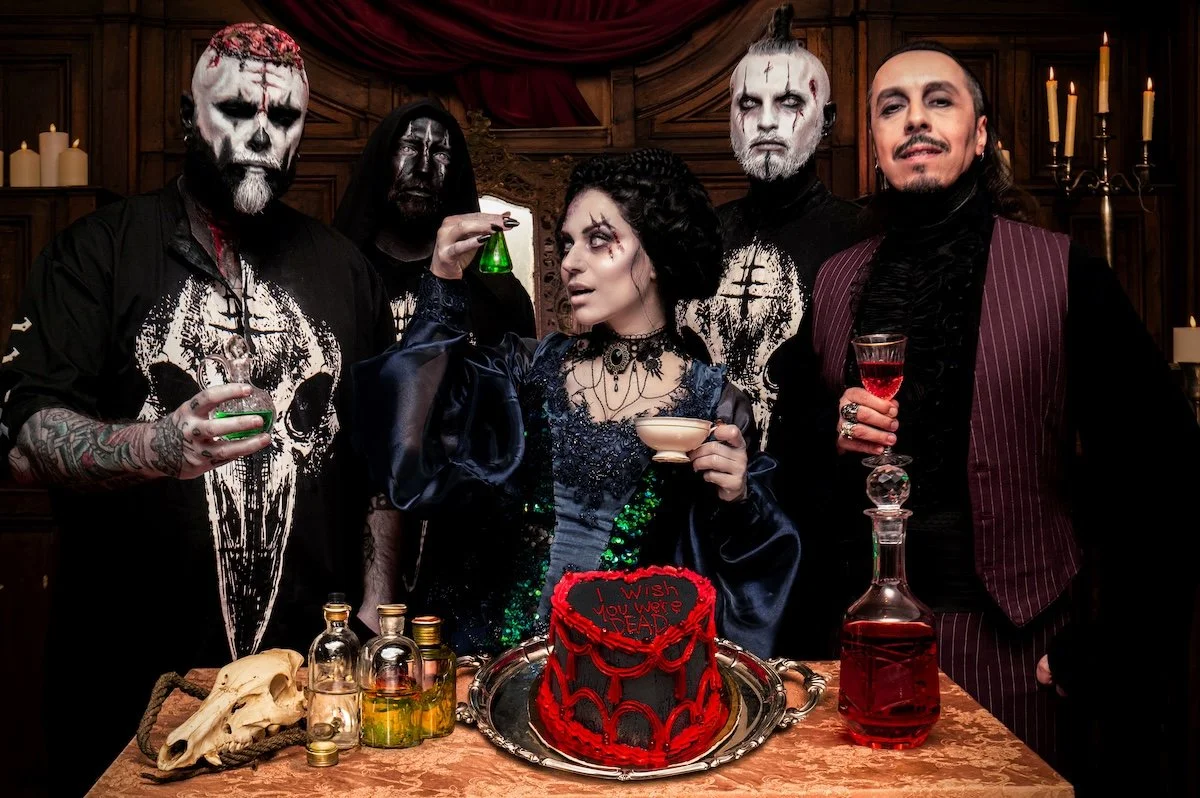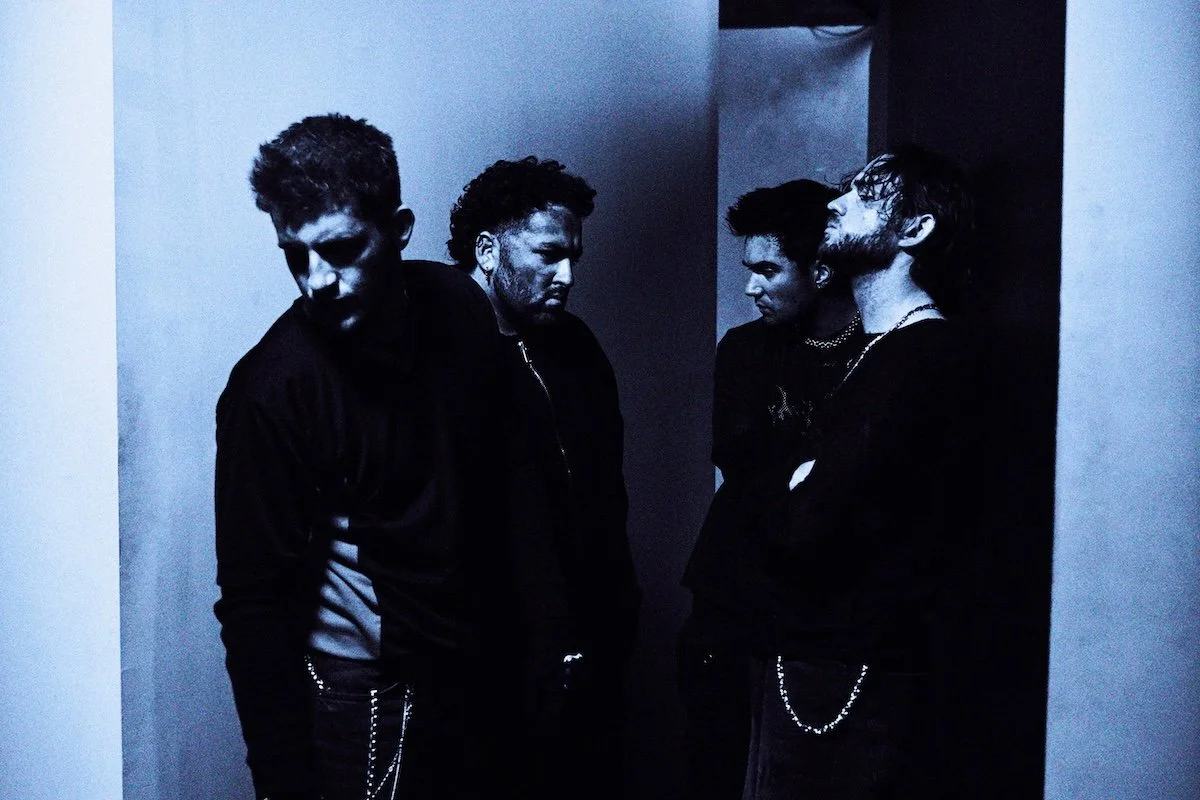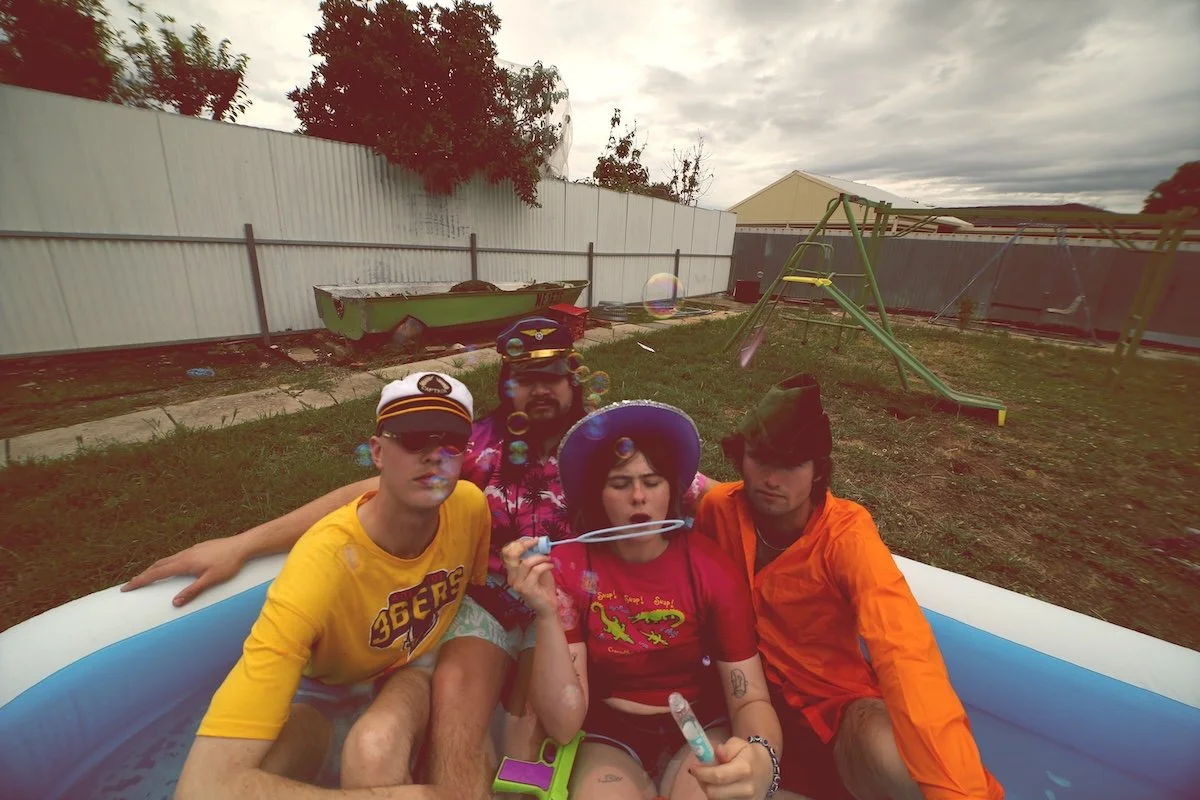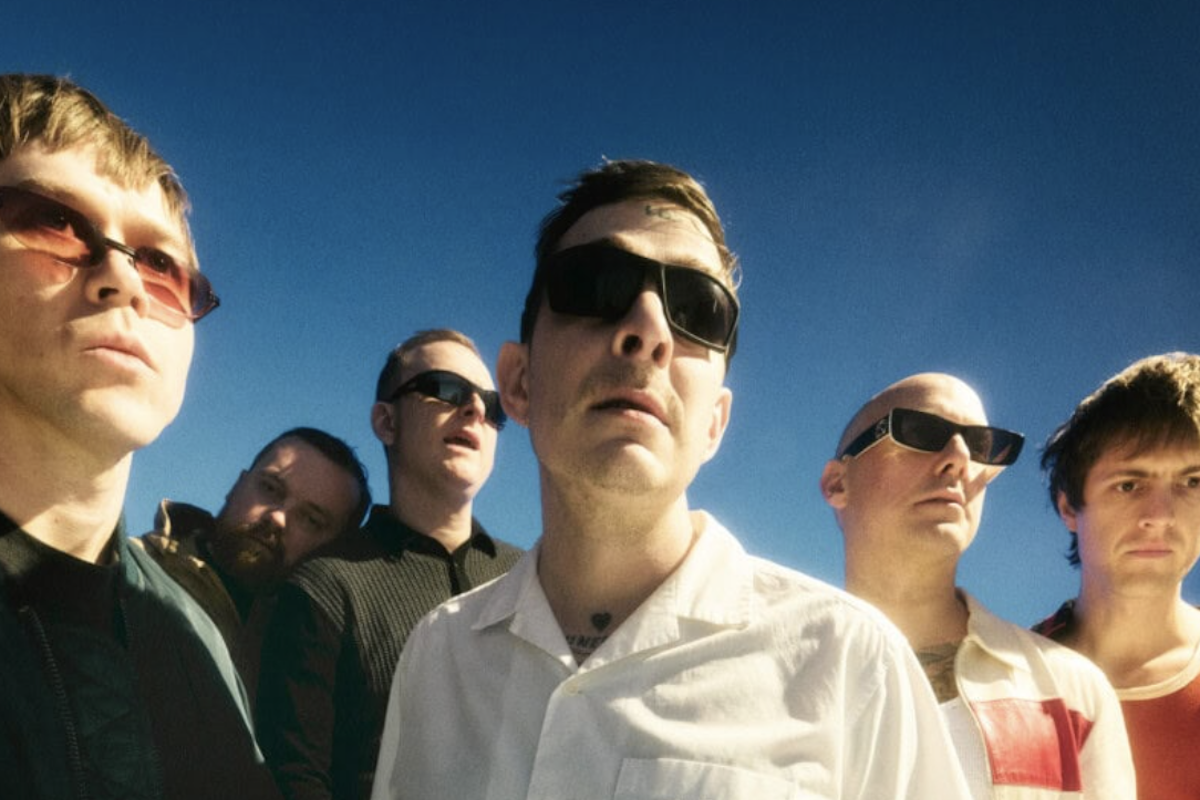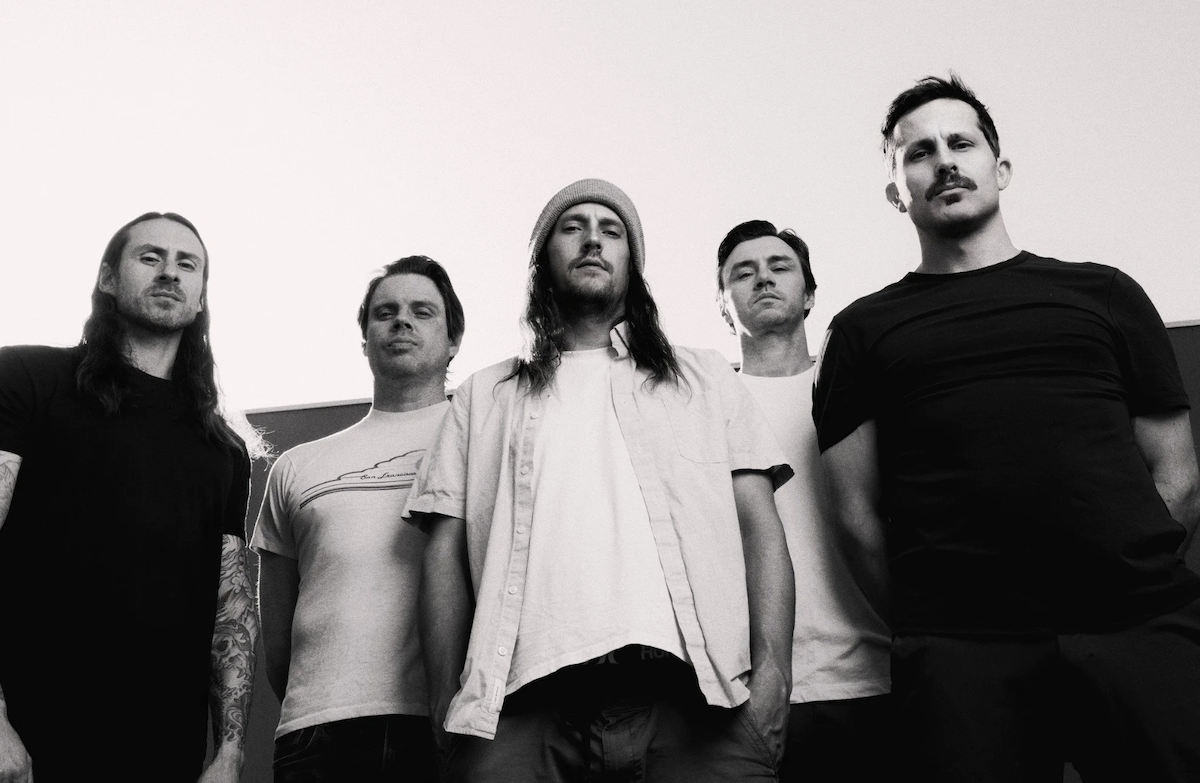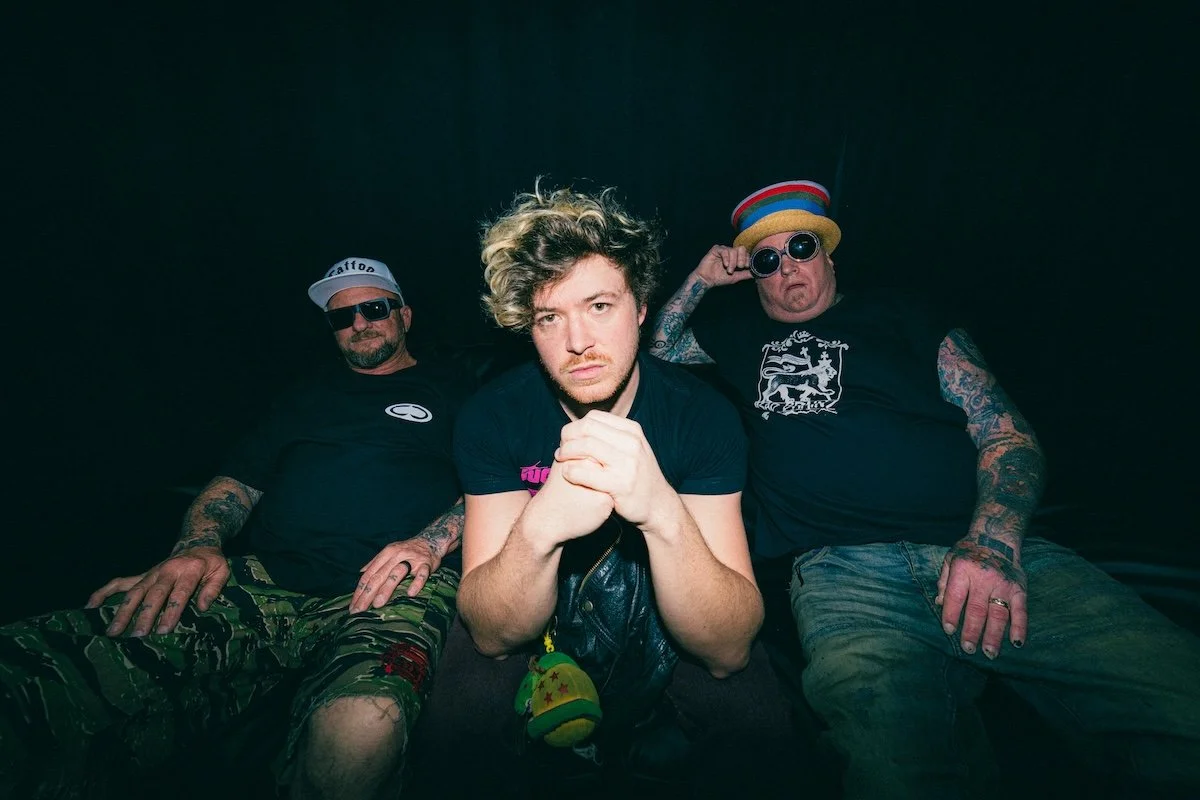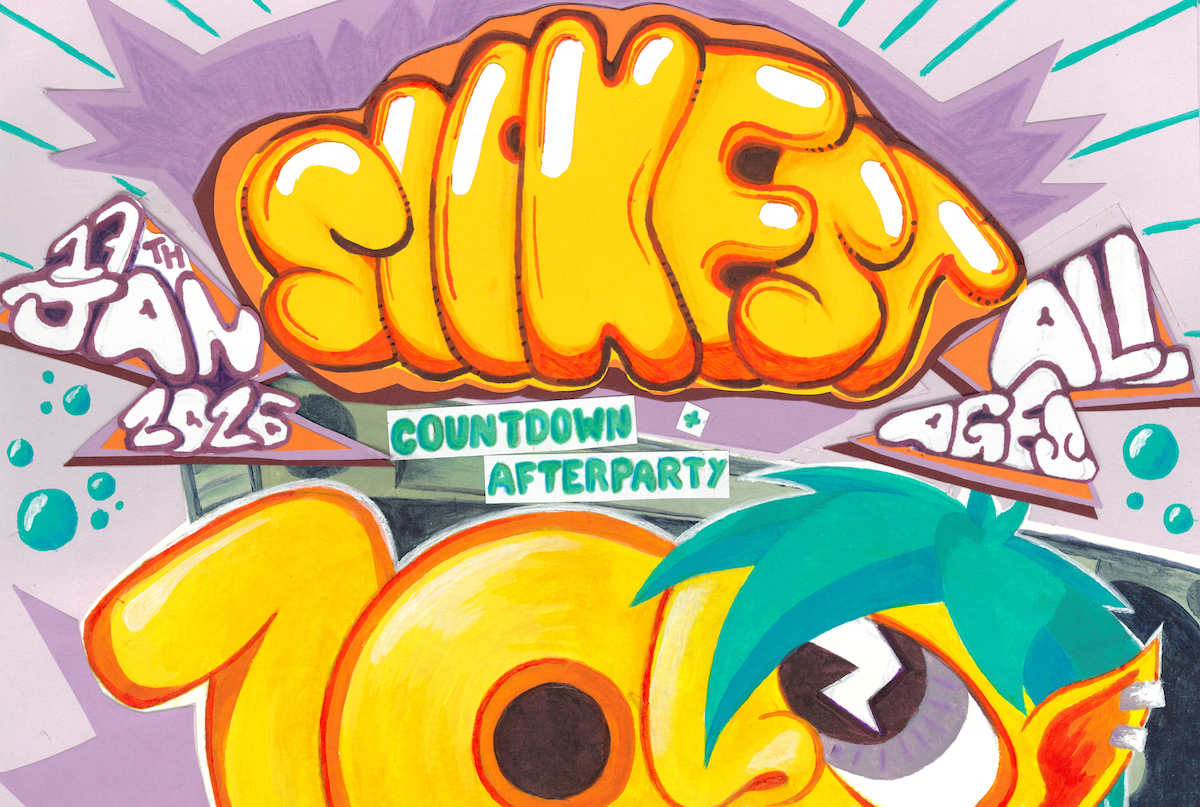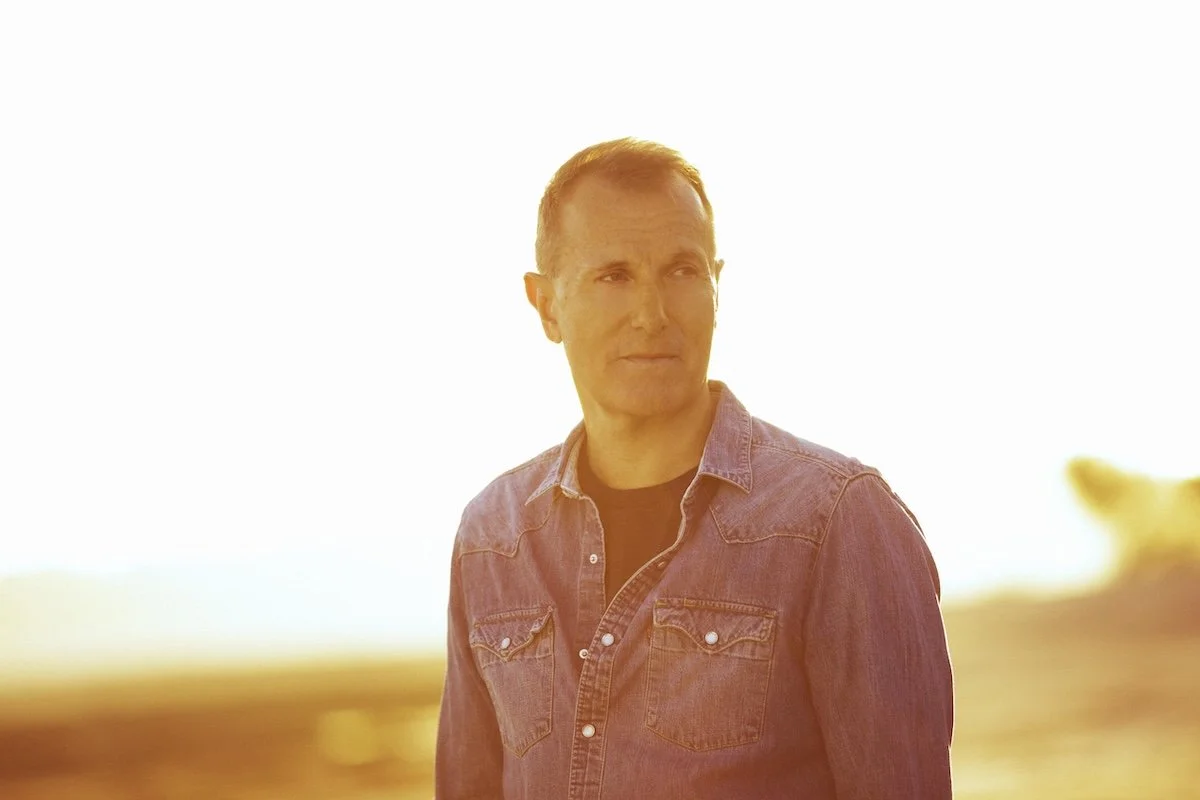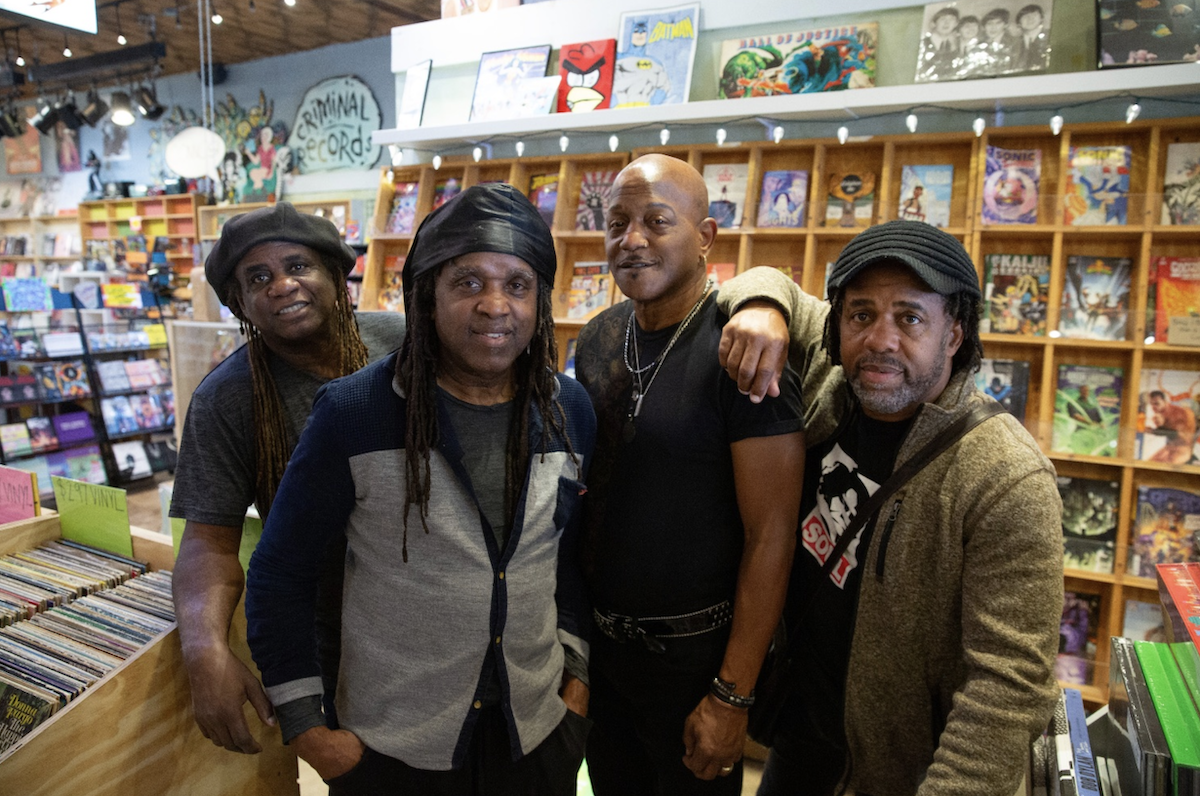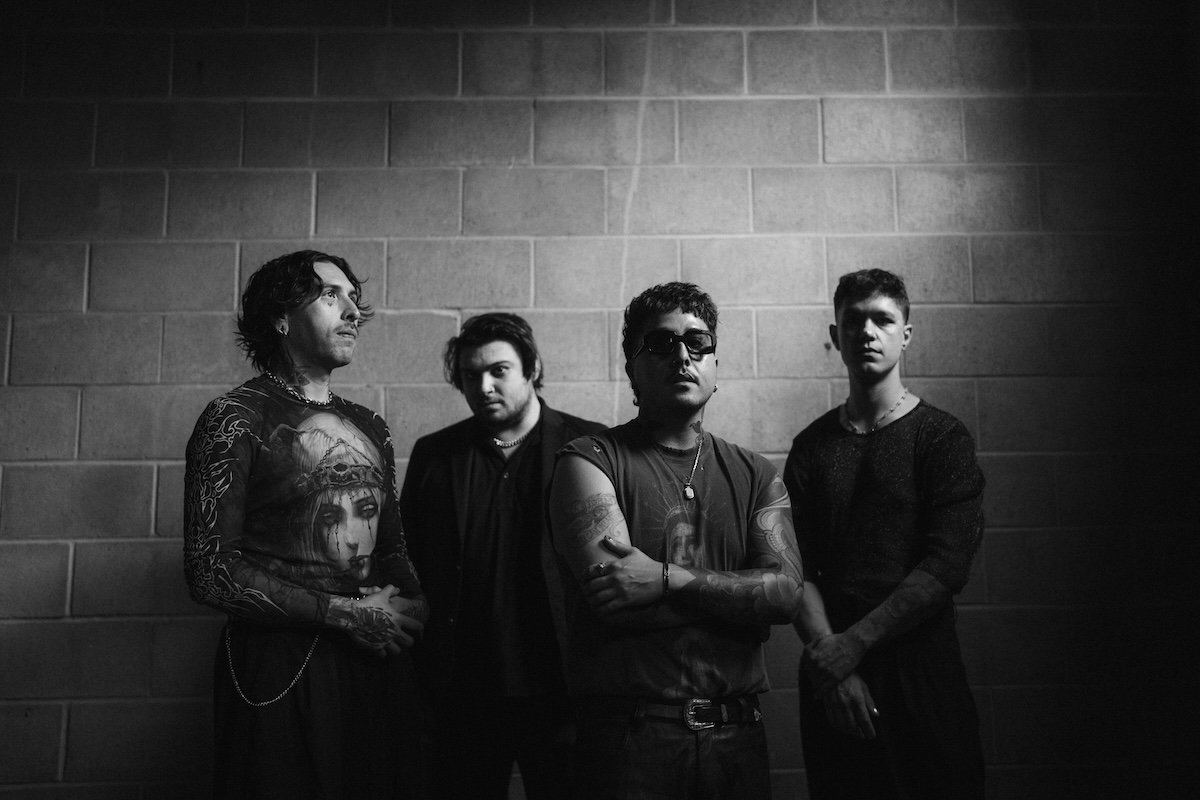UnderOath: The Impact of Freedom
UnderOath have just unleashed their critically celebrated tenth studio album, The Place After This One, and The Note was fortunate enough to catch up with charismatic frontman Spencer Chamberlain after the quintet’s whirlwind Australian tour to discuss the full-length, its life-altering lyrical inspirations, and so much more.
Words by Will Oakeshott // Image supplied
“People happy in love have an air of intensity.” – Stendhal.
Famed French novelist Marie-Henri Beyle (better known as “Stendhal”) was more than just a storyteller; in fact, she’s regarded as one of the earliest and foremost practitioners of “realism”. This artistic movement, broadly defined as “the representation of reality” in literature, is one where characters are described in more of a straightforward manner, avoiding grand exaggerations and portrayals. What Stendhal achieved with this methodology is a remarkable reflection of psychology.
French philosopher Hippolyte Adolphe Taine believed the psychological impressions of Stendhal's characters to be “real, because they are complex, many-sided, particular and original, like living human beings.” The notorious German philosopher Friedrich Nietzsche alluded to Stendhal being “France's last great psychologist” in his 1886 book Beyond Good and Evil: Prelude to a Philosophy of the Future.
Spencer Chamberlain, the vocalist from post-metalcore trailblazers UnderOath, breathes intensity when delivering his abrasive screams and growls, whether in a live or recorded setting. He is a profound man possessing numerous intricacies, but more importantly, he constantly strives for growth, especially in reflection of his extraordinary life. On the quintet’s tenth studio album, The Place After This One, Mr Chamberlain’s seventh as the illustrious frontman, he finds himself with a new air of intensity, and a glowing demonstration of this is on LP’s third track, ‘Loss’.
“There's a couple [of] underlying themes there – the obvious is ‘loss’. We all experience loss throughout our life,” Spencer explains. “The song is touching from a mental standpoint as well. Where you're dealing with…” Spencer pauses for a moment in deep contemplation, as if ruminating on his lyricism in a new light, then continues – “this other person and all this stuff where you feel like you are kind of losing it, and it's all on you. But at the end of the day, the antagonist, the other character, is stuck. As the chorus reads: ‘stuck living in your own skin’. Essentially, they are living with their decisions, and it reflects how we treat ourselves and others. It won't change the outcome, which in the end is the loss of a friendship, a relationship, or even someone's life. When we wrote that song, I [came] from all angles in that standpoint. I'm yelling at someone [who] was always pointing the finger at me and making me feel like I'm crazy. But at the end of it, it was abuse on their end, and they're the ones that are going to be stuck with the aftermath of how they treat others.”
He elaborates further: “I can get out of that situation and reflect and struggle to believe I was in that place and doing that for so long; I’m fucking crazy, but that wasn't me doing that to myself. I can pick up the pieces and move along, and the other party has to deal with the loss of the relationship or friendship or whatever it may be, and deal with the fact that that's how they treat others.”
It is a message of realisation in a sense, however, the poetry is left open to interpretation for their spectators who are found in legions worldwide. It is part of the reason why the Floridians have attained such a vast and passionate following throughout Planet Earth, it is simply “connection”. Their devotees connect to the words that Spencer bellows and that drummer/clean vocalist Aaron Gillespie serenades; furthermore, the admirers connect with the discordant breakdowns, the jangling melodies, the electronic flourishes and genre explorations. In summation, they connect with UnderOath’s energy and have done for nearly 30 years.
The Place After This One takes all of these characteristics and escalates them into the next stratosphere of what post-hardcore or post-metalcore can achieve. This time around, though, UnderOath are piloting that amazing artistic space craft. Another highlighted track called ‘And Then There Was Nothing’ also discusses similar topics found in ‘Loss’, namely a “pill” and, to an extent, medications. Therefore, it plagued this writer to ask if the songs were at all correlated - whether ‘Loss’ was the prequel to ‘And Then There Was Nothing’ in some way, particularly with their pronounced similarities in soundscape.
“It's kind of the same - it's not a concept record by any means. But we tend to write from experience. I think the stuff that I was going through was happening around the time of Voyeurist (2022); coming out of the other side of it and being able to look at it clearly, with a clear mind…”
READ MORE: In the Green Room: Hidden Intent
Chamberlain takes a deep breath, readying himself for an admission that still harbours trauma from a previous life, then discloses: “I was a drug addict for a long time. I got out of being a drug addict, and then I was in a very toxic, abusive, manipulative relationship. I was undergoing things that I wouldn't wish upon anybody. When I got out of all of that, and my life was in a clear spot, and things are now actually really good, I can look back and write on these scenarios with a bit more clarity. The anger is there for sure, but that's just the release. I don't walk around angry. I'm not an angry person. I'm a very happy person. My life's really good. I'm getting married in September. My band is going well, everything's going great. But when I was writing in hindsight of the things that I lived through the last five years or so, I realised having someone in your life that makes you feel like no matter what you do, you're the problem, none of your real friends and family want to be around it.”
He breaks for a moment of recollection, then expresses more details – “Then you find yourself on an island at some point, and that's a tough spot to be in, especially when it started and you are a recovering addict coming fresh out of rehab. When that scenario presents itself, you're not really in a spot to make the right decisions for yourself. When I found myself in that scenario, and that scenario went on for too long, it was bad.”
I ask if the entire album refers to this harrowing period of Chamberlain’s life? “The record is about more than that. There's a lot of other elements in the record, but those two songs in particular, a lot of the anger comes out there, from being in a mentally and physically abusive place. Being on the receiving end of that, you know, it's not fun.”
The Place After This One is a therapeutic piece of art where Chamberlain expresses the disillusionment and anguish he felt, but it’s also a reflection on his current situation, with the singer recently marrying his partner Katie Hill. “In September, I get to marry my best friend,” he says. “She's the best human I've ever met. I feel like everything we go through happens for a reason, and coming out of such a shitty scenario, then out of another shitty scenario, you think that your rock bottom is being on drugs and being an addict. Then you go through recovery and realise how hard recovery can be, then realise if you're not careful, the wrong relationships in your life can be equally as damaging.”
Spencer articulates with purposeful honesty, then carries on with a positive momentum – “To come out on the other end as a happy, healthy person; I've had my life together for quite some time, and being happy and healthy, living these healthy habits, and coming out the other side of it, it gives you a whole different perspective. When you're writing about addiction and stuff, not everyone has to deal with that. And then I lived through this other scenario where I discovered that humans can be just as dangerous as drugs are; it almost gave me a whole different thought process. Writing about all these different things in life can really help other people out. If we're just able to be honest about them and share our scenarios.”
The pieces of The Place After This One jigsaw start to fall into place. Chamberlain wrote chapters of this new full-length as a retrospective of the suffering he went through, but he could only achieve this literary brilliance with the strength of love surrounding him. It is undeniably overflowing with intensity; however, it comes from a place of contentment.
“I truly believe [and] I know a lot of people say this, but I believe this is UnderOath’s best work by a mile. Whether it's your favourite in your personal taste or not, that's fine. I'm not going to debate someone's personal taste. But as far as songwriting, the sonic elements and the amount that goes into these songs, it is intense and playing them is really fun,” Chamberlain expresses. “If you hear us play a song off of They’re Only Chasing Safety (2004), and then hear a song off this, it's completely night and day. There's so much more density because of how much more we put into it. Chris (Dudley, Keyboards) has conjured up so many layers, and there's octaves on guitar - it's just so thick and exciting. Every song was written from the standpoint of how this will feel on stage. Because I think at the end of the day, UnderOath is still a live band, and always will be a live band. We've made our living off being a great live band. I think we're better on stage than we are on record.”
Dishearteningly, Adelaide was not on the recent schedule for the dizzying tour that UnderOath just completed with Alexisonfire. Are there plans to return? “I don't know why we didn’t get to go there. You're already flying your ass down there; it takes us 20 something hours to get there. We might as well play them all - I don't get it (laughs). Next time we will try our best. I really do believe this is the start of the next 20 years for UnderOath.”
UnderOath’s The Place After This One is out now. You can stream the album here.



